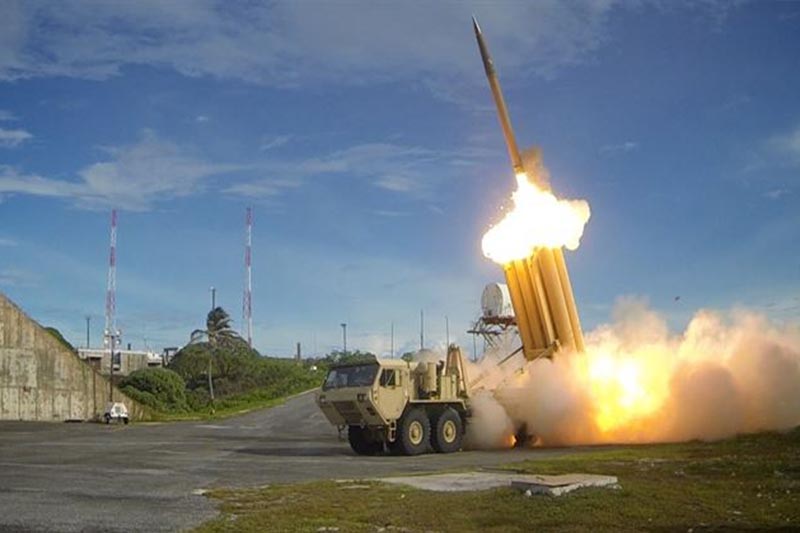North Korea’s new short-range missile can penetrate Japan’s missile defences, the country’s defence minister has asserted, while pointing the missile’s irregular trajectory.
Japan’s Defence Minister Takeshi Iwaya said on Tuesday that North Korea appears to be developing short-range ballistic missile which can outsmart Japan’s missile defences. Pyongyang’s recent missile tests have raised alarm in the international community. The United Nations Security Council conducted a closed-doors meeting on Tuesday at the request of Germany, France, and Britain. The three countries denounced North Korea’s “repeated provocative launches” and called it a violation of Security Council resolutions.
In a joint statement, Germany, Britain and France said, “International sanctions must remain in place and be fully and strictly enforced until North Korea’s nuclear and ballistic missile programmes are dismantled. It is vital that the Security Council shows unity in upholding its resolutions.”
On the other hand, US President Donald Trump has dismissed the growing concerns. However, an official of South Korea’s defence ministry avowed that the country is investigating the recent North Korean launches with the US.
Japan and the US have deployed Aegis destroyers in the Sea of Japan which are armed with interceptor missiles. The missiles have been designed to destroy warheads in space. Japan also has plans to build two land-based Aegis batteries to strengthen its missile defences. However, these defence systems can only counter projectiles on regular and predictable trajectories. Any variation of the path would make it difficult to intercept the projectiles.
The test firing on Saturday occurred a day after Seoul said that it will opt out of the military-sharing agreement with Japan. The decision to end the pact came amid worsening relations between the two countries over wartime forced labour. Japanese officials including Iwaya have asserted that Seoul’s decision is “irrational” in light of the growing threat posed by North Korea.









